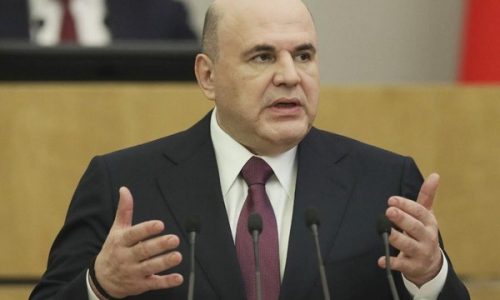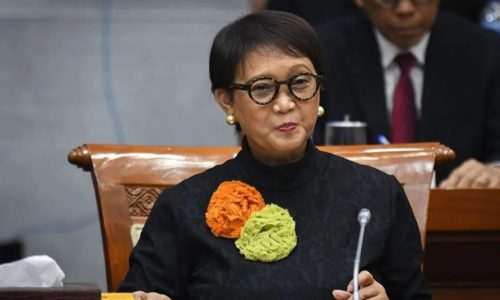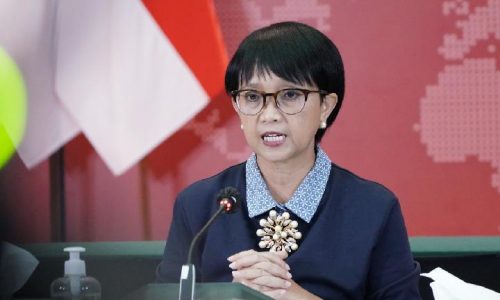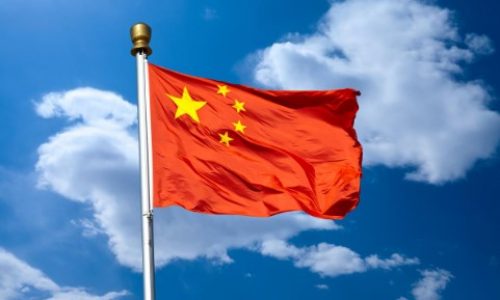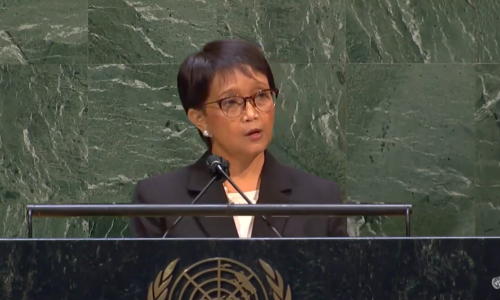Turkey handed over the MIKTA (Mexico, Indonesia, South Korea, Turkey, Australia) chairmanship relay to Indonesia at the meeting in New Delhi on March 2, 2023. As a result of the handover, Indonesia will hold the position of MIKTA chairman for one year and has set 3 priorities.
Indonesia, which also holds the chairmanship of ASEAN, expressed hope that both ASEAN and MIKTA could become a “bridge” and a “positive force” in the global political arena.
The MIKTA meeting that took place during a series of G20 Ministerial Meetings in New Delhi, in which India is the G20 chairman, also resulted in a Joint Communiqué, the Ministry of Foreign Affairs said in its press release.
The 3 priorities
Indonesian Foreign Minister Retno LP Marsudi outlined three priorities that Indonesia will focus on during its MIKTA chairmanship, namely:
- Strengthening multilateralism
MIKTA must take the lead in preserving it to promote security, stability, and common prosperity.
“Indonesia believes that multilateralism is the best way to ensure that all countries stand on the same level and prevent the arbitrariness of those in power,” said Marsudi, as quoted by kemlu.go.id.
- Inclusive recovery
MIKTA must collaborate to take action towards a robust and comprehensive global recovery that is inclusive.
“The Sustainable Development Goals remain MIKTA’s core agenda which is strengthened by inclusive dialogue with external partners,” she stated.
- Digital transformation
The future of a prosperous MIKTA economy lies in digitalization, which presents both significant opportunities and challenges, such as misinformation and disinformation.
“Therefore, this year MIKTA must intensify its efforts to build norms, share best practices, and galvanize collective responses,” she said.
Indonesia’s key roles in MIKTA
Indonesia plays an important role in the group’s activities and initiatives, including:
- Promoting regional stability
In MIKTA, Indonesia works with other member countries to address security challenges, including terrorism, maritime security and cyber threats.
- Advancing economic cooperation
As a member of MIKTA, Indonesia is committed to promoting economic cooperation and integration. The country has a growing economy and is a major player in ASEAN. The country participates in MIKTA’s working groups on trade and investment, which aim to promote economic growth and job creation.
- Advocating for global issues
Indonesia has also been actively involved in MIKTA’s initiatives on these issues, including participating in the UN Climate Change Conference and promoting sustainable development goals.
- Strengthening cultural ties
As a member of MIKTA, Indonesia works to promote cultural exchanges and understanding among member countries. The country participates in MIKTA’s cultural working group, which aims to promote cultural diplomacy and exchange.
The rise of MIKTA middle powers
MIKTA is a relatively new international forum consisting of five middle-power countries of Mexico, Indonesia, South Korea, Turkey and Australia. These countries formed the grouping in 2013 to collaborate on global issues and increase their diplomatic influence.
The idea of MIKTA originated from a proposal made by South Korea’s Ministry of Foreign Affairs in 2012 to form a consultative group of middle power countries.
The first meeting took place in New York in September 2013 on the sidelines of the UN General Assembly. During this meeting, the five countries discussed their shared interests and agreed to form MIKTA as a way to promote cooperation and collaboration.
Since its formation, MIKTA has focused on a wide range of issues, including trade, investment, energy, climate change, security and international development. The group has held annual foreign ministerial meetings and has established working groups on different topics to promote collaboration and exchange of best practices.
MIKTA countries have significant international influence due to their economic, military or diplomatic capabilities, although they are not considered great powers, but often referred to as middle powers. The group also aims to promote multilateralism, the rule of law and peaceful resolution of conflicts in the international system.



